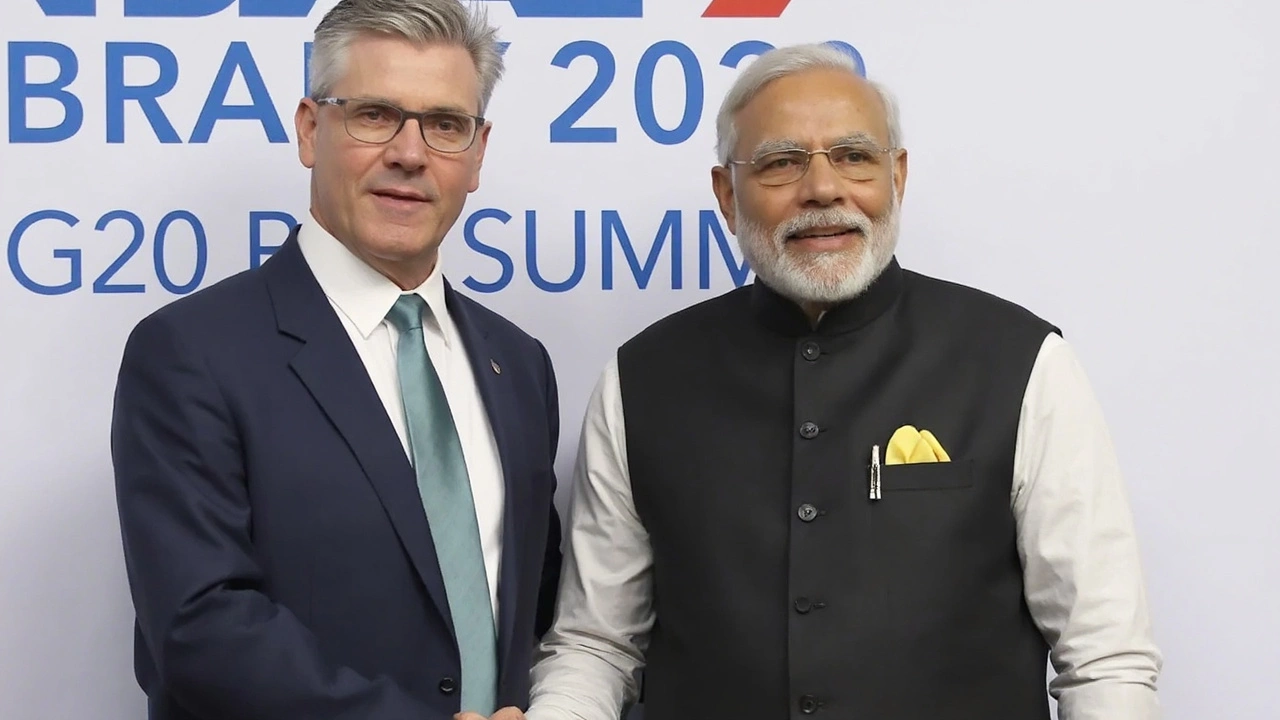India-UK Free Trade Agreement: What You Need to Know
The India‑UK Free Trade Agreement (FTA) is more than a headline – it's a plan that could change how we buy, sell, and work across the two countries. In simple terms, it promises lower tariffs, easier customs procedures, and new rules that help businesses of all sizes. Whether you run a startup in Chennai or shop for British goods online, the FTA will touch your daily life.
Key Benefits for Businesses and Consumers
First up, tariffs. The deal aims to shave off duties on hundreds of products, from textiles and electronics to agricultural items. For Indian exporters, that means British buyers can get goods at lower prices, making Indian brands more competitive. On the flip side, UK companies will see cheaper Indian inputs, which can lower costs for everything from cars to food items sold in the UK.
Second, the agreement simplifies customs paperwork. Instead of dealing with a maze of forms, traders can use a single electronic system that speeds up clearance times. Faster borders mean less cash tied up in inventory and quicker delivery to customers.
Third, there are new rules to protect intellectual property and encourage services trade. If you’re a tech startup offering software services, the FTA gives you clearer rights and easier access to the UK market. Likewise, UK firms in finance, education, or tourism will find fewer hurdles when setting up shop in India.
Challenges and Things to Watch Out For
No agreement is without its bumps. One concern is how small traders will adapt to the new standards. Meeting UK quality and safety requirements can be costly for a village producer who’s never exported before. The government says it will offer training and subsidies, but the rollout will need careful monitoring.
Another issue is the impact on vulnerable sectors. For example, Indian dairy farmers worry that cheaper British dairy imports could pressure local prices. Conversely, UK farmers worry about a surge in Indian rice or mangoes. The FTA includes safeguard clauses that allow temporary measures if a sector faces sudden distress, but those safeguards must be used wisely.
Finally, the political climate can affect the pace of implementation. Trade deals often need both sides to pass legislation and set up institutions to oversee the agreement. Keep an eye on parliamentary debates in both countries – delays can happen, and they might change timelines for businesses planning to expand.
Overall, the India‑UK FTA is a chance to grow trade, create jobs, and bring more variety to shoppers. By staying informed about the benefits and the challenges, you can position yourself to take advantage of the new opportunities as they unfold.
India-UK Free Trade Agreement Slashes Tariffs, Opens Doors for Professionals and Exports
India and the UK have inked a Free Trade Agreement to slash tariffs and open wider market access for goods and professionals. The deal benefits Indian exports, particularly textiles, and introduces new tax conventions. Not everyone is happy—UK pharma voices concerns.
VIEW MORE